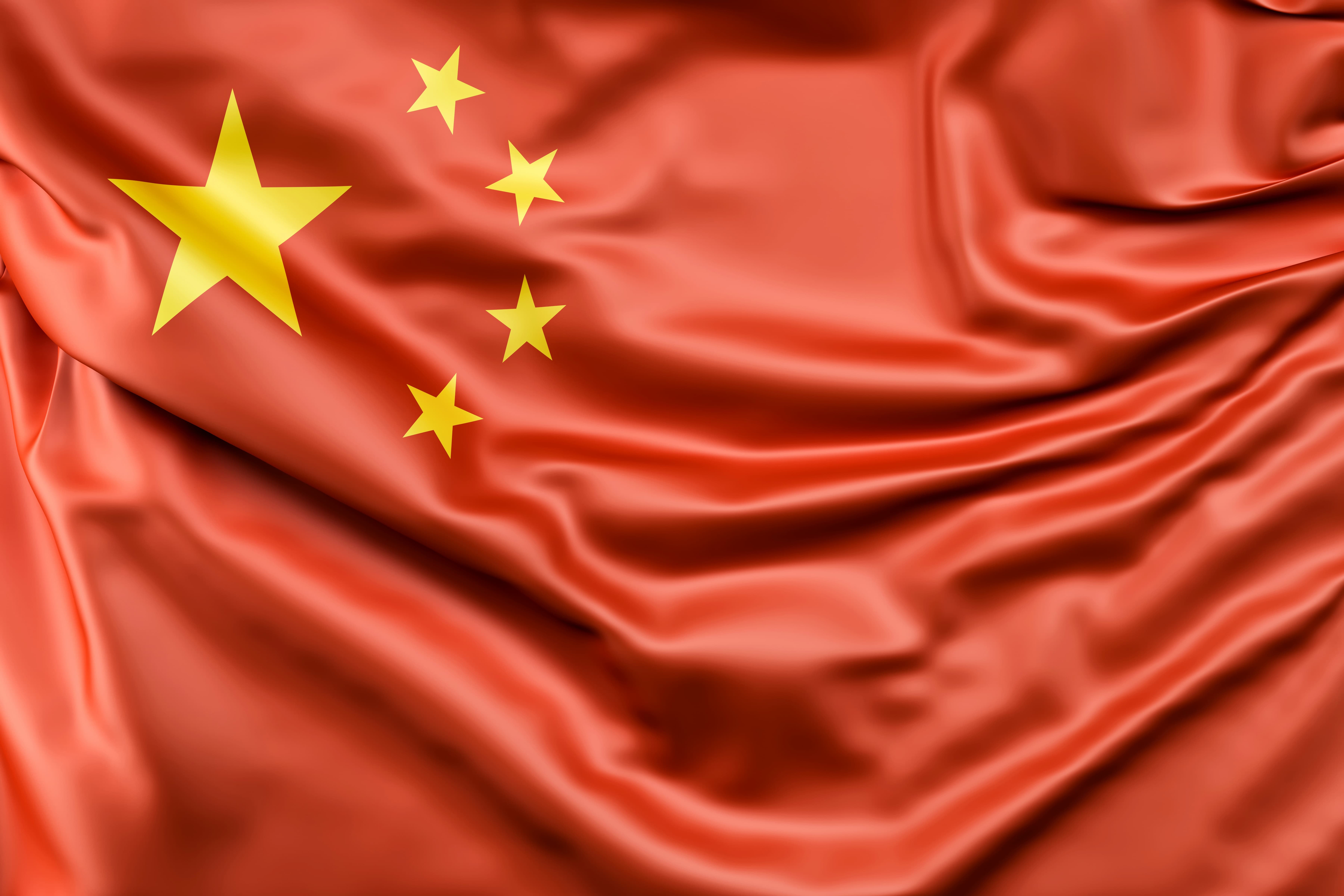One of S.A.R. of China, Hong Kong, is preparing to accelerate its cross-border technology hub plans with mainland China as the city seeks new growth drivers to offset its fragile economy.
Chief Executive John Lee is set to deliver his annual policy address on Wednesday, with the Northern Metropolis project expected to take centre stage.
The initiative aims to transform a sparsely populated area into a base for advanced industries and innovation, while reducing reliance on finance and real estate.
According to state-owned media, the government will ease financing rules to attract companies in AI, renewable energy and medical technology.
An urgency that comes despite signs of recovery, as the economy of Hong Kong grew at its fastest pace in over a year last quarter. Yet home prices continue to fall, unemployment has risen, and public finances remain stretched.
The administration is unlikely to offer sweeping property incentives, such as tax cuts or looser rules for mainland buyers, given fiscal constraints. Instead, it may revive the long-dormant Tenants Purchase Scheme, first launched in 1998, which allows public housing tenants to buy their flats at reduced prices.
Analysts say that without bold reforms, the housing market will stay under pressure as oversupply and weak sentiment weigh on values.
Hong Kong’s $7.2 trillion stock market could benefit if new listings and inflows are encouraged, especially as developers look to stimulus and lower mortgage rates to support sales.
However, with the economy of China also slowing down, doubts remain over whether deeper integration and technology investments can provide a lasting boost.
Would you like to learn more about AI, tech and digital diplomacy? If so, ask our Diplo chatbot!









